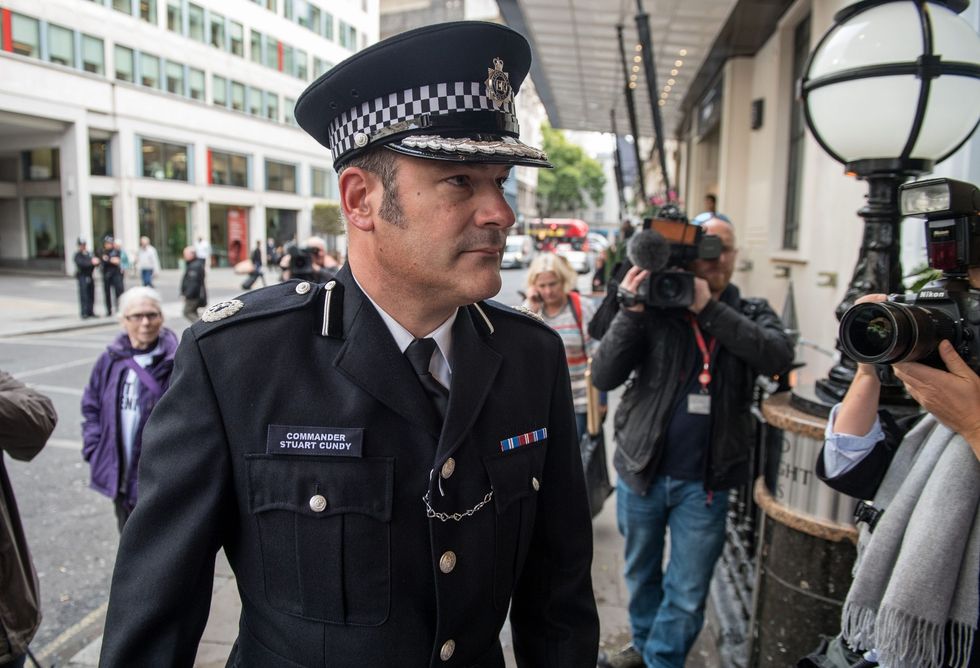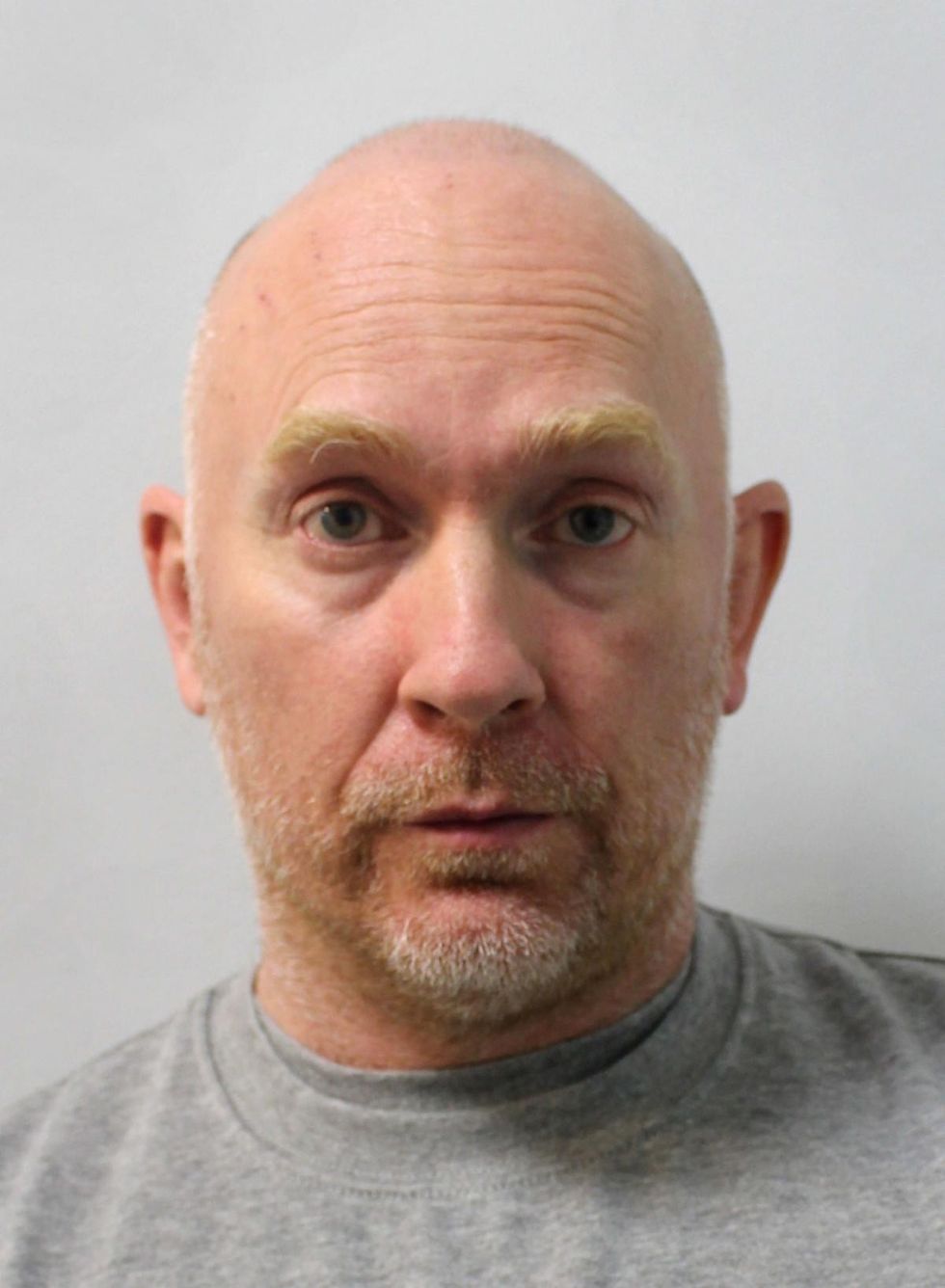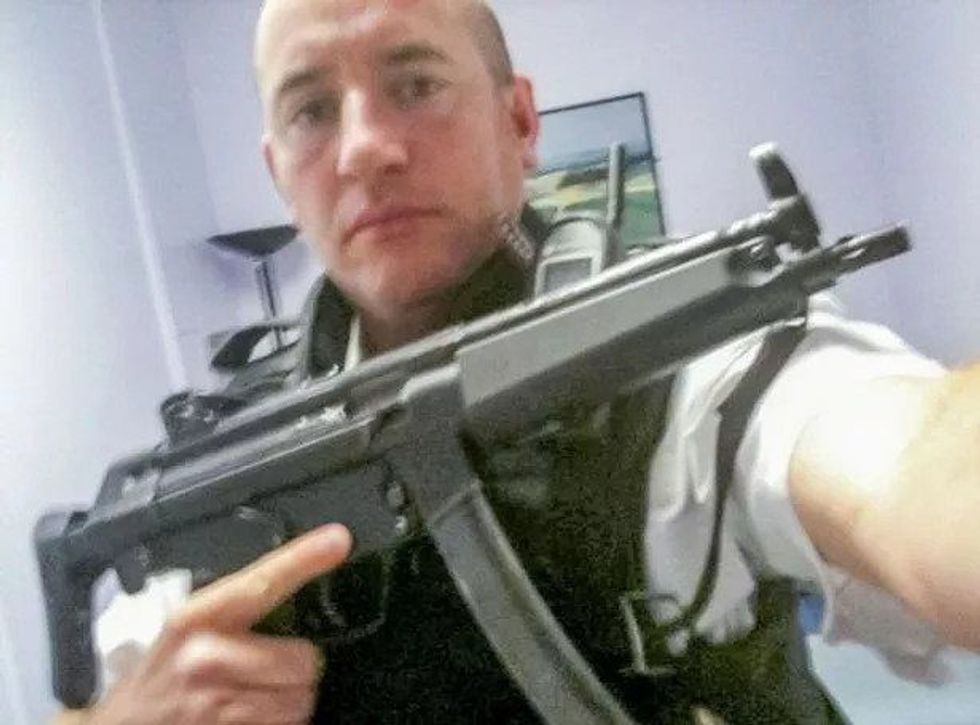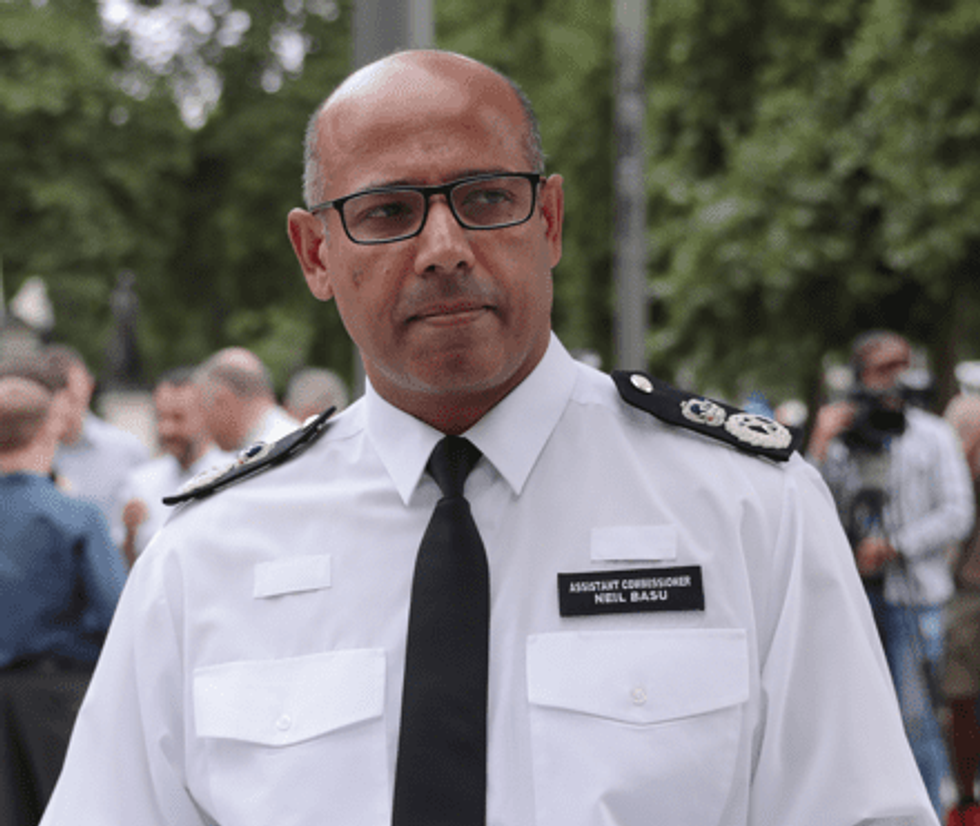A CONCERTED effort to increase ethnic minority representation is part of cultural reforms within the Metropolitan Police service after it emerged that more than 1,000 officers are currently suspended or on restricted duties.
Out of the Met’s workforce of about 34,000 officers, 201 are suspended and around 860 are on restricted duties.
Deputy assistant commissioner Stuart Cundy described this as a “significant number” as it constituted nearly the size of a small police force in other parts in the country.
Cleaning up the force could take “two years or more”, he said.
Among the reforms, the Met Police has set a target to increase black, Asian and minority ethnic (BAME) representation to 20 per cent by March 2026.
The force is currently made up of 85 per cent white officers, of whom 11.6 per cent are from an ethnic minority. Asian/ British Asian officers make up 5.9 per cent – though this group accounts for 17 per cent of the UK population.

“Having a diverse workforce in all our commands, whether that’s colour of skin, background, whatever that might be, it gives you diversity of thought, it gives you different approaches, it gives you better understanding of what our communities and our partners need from policing,” deputy assistant commissioner Laurence Taylor told .
“A diverse police force improves our ability to listen and understand what we are delivering, whether it’s working, whether it’s not working. It gives us those critical eyes within our commands to say, ‘you know what, this doesn’t work’, because I, as a white man, might not recognise that. This is why it’s so important.”

The reforms were prompted after the crimes of serving police officers Wayne Couzens, who was convicted of the rape, abduction and murder of Sarah Everard and David Carrick, a serial rapist – both are serving life sentences.
Couzens and Carrick both served in the Met’s parliamentary and diplomatic protection group (PaDP).
In her review of London’s Metropolitan Police, Baroness Casey said PaDP was a “dark corner” of the Met and should be disbanded.
Former Met Police counter-terrorism chief Neil Basu said last week that he believed PaDP was “not a policing function” and that it is recommended these duties should be performed by the military who do it “quite successfully”.
Taylor disagreed that PaDP should be disbanded, but admitted that unhealthy work cultures had developed in the unit, partly due to a lack of diversity, poor leadership and a sense of disconnection from the rest of the force.
A review of the PaDP team – comprising around 1,000 officers – has now been completed, with the Met saying a third of its workforce had been replaced.
Taylor said the ambition was to have two-thirds of the unit made up of new staff by December 2025.
Meanwhile, officers will no longer be able to remain in the squad indefinitely, but they will instead be rotated to other parts of the Met every eight years.
Taylor revealed the PaDP already has an 18 per cent representation of officers from a BAME background which he described as “pretty good compared to other areas”, but said he was determined to see this figure go up.

He added that they would use the principles of the Women in Firearms Attachment programme, which is aimed towards training more women for senior roles and expand it to give similar opportunities to their BAME officers.
“It’s about providing the opportunity, which previously was perhaps not seen as a command of choice. It’s about bringing insights and the additional skills that you get, but we’re also looking more broadly across our firearms commands as to how we can be more permeable,” said Taylor.
“An officer might start in PaDP, there’s an opportunity to move into our armed response vehicles who deal with spontaneous events, move into royalty and specialist protection and do close protection operations. It’s about looking around, recognising the absolute value and importance of having a diverse workforce, and then creating opportunities within those commands so that people can excel and see it as a career opportunity.” Speaking to reporters at New Scotland Yard, Taylor and Cundy explained how the police will remove corrupt officers.

In the past year, 100 officers have been sacked for gross misconduct – up by 66 per cent on the normal rate. The 201 officers currently suspended represent a rise from 69 in September 2022. There are 275 officers awaiting a gross misconduct hearing, a significant proportion of whom face allegations of violence against women and girls, compared to 136 last year.
On the back of Carrick’s crimes, 1,600 cases were reviewed, where officers faced allegations of domestic or sexual violence over the past decade, but where no action was taken. There are currently about 450 live investigations ongoing into the cases that were reviewed.
Deputy assistant commissioner Cundy warned that some of the most “abhorrent cases” he has ever seen would emerge as the force continued to root out potentially dangerous and predatory officers.
Cundy added that there are plans to hold around 30 misconduct hearings and 30 gross incompetence hearings per month in a bid to get rid of those who breach standards or fail vetting.
The Met has also checked all officers against records on the police national computer, uncovering 11 cases which were subject to more assessment and five are now gross misconduct investigations.
Details of all Met employees, both civilian staff and police, were also checked against intelligence records on the Police National Database. Fourteen are under further investigation for potential gross misconduct, with more due to be added.
Cundy said a “paradox” in the process meant the harder they worked, the more cases of misconduct and possible criminality would be uncovered. “The harder we work, the more effort, the more energy we put into identifying those who shouldn’t be in policing, and doing everything we can in the regulations and the law as it stands, the more difficult cases, the more difficult stories will become public, and rightly so.
“And this isn’t something which we can resolve alone as the Met police and isn’t something which we can resolve in one month, six months; this is going to take one, two or more years to root out those who are corrupting policing.”



















